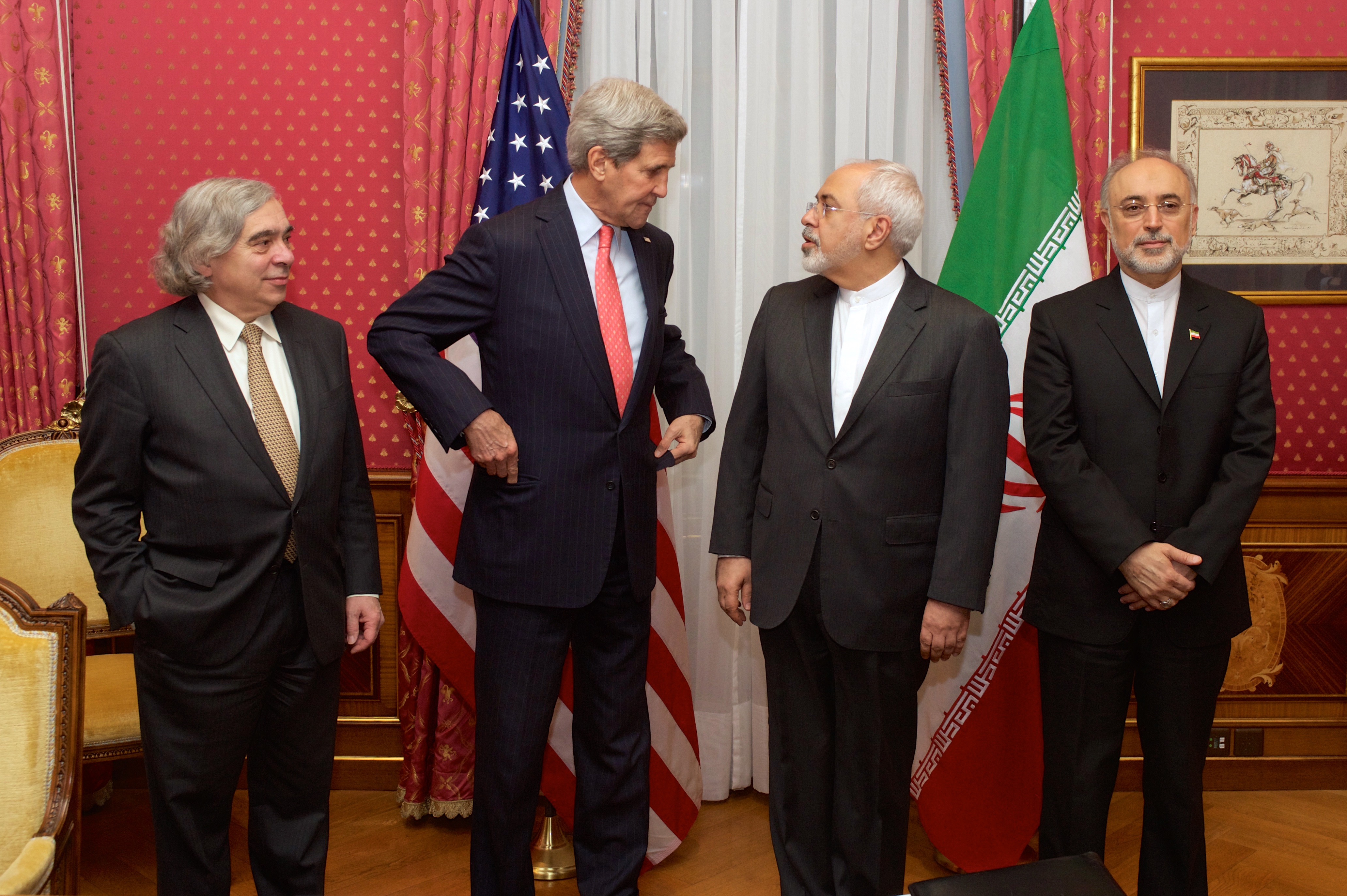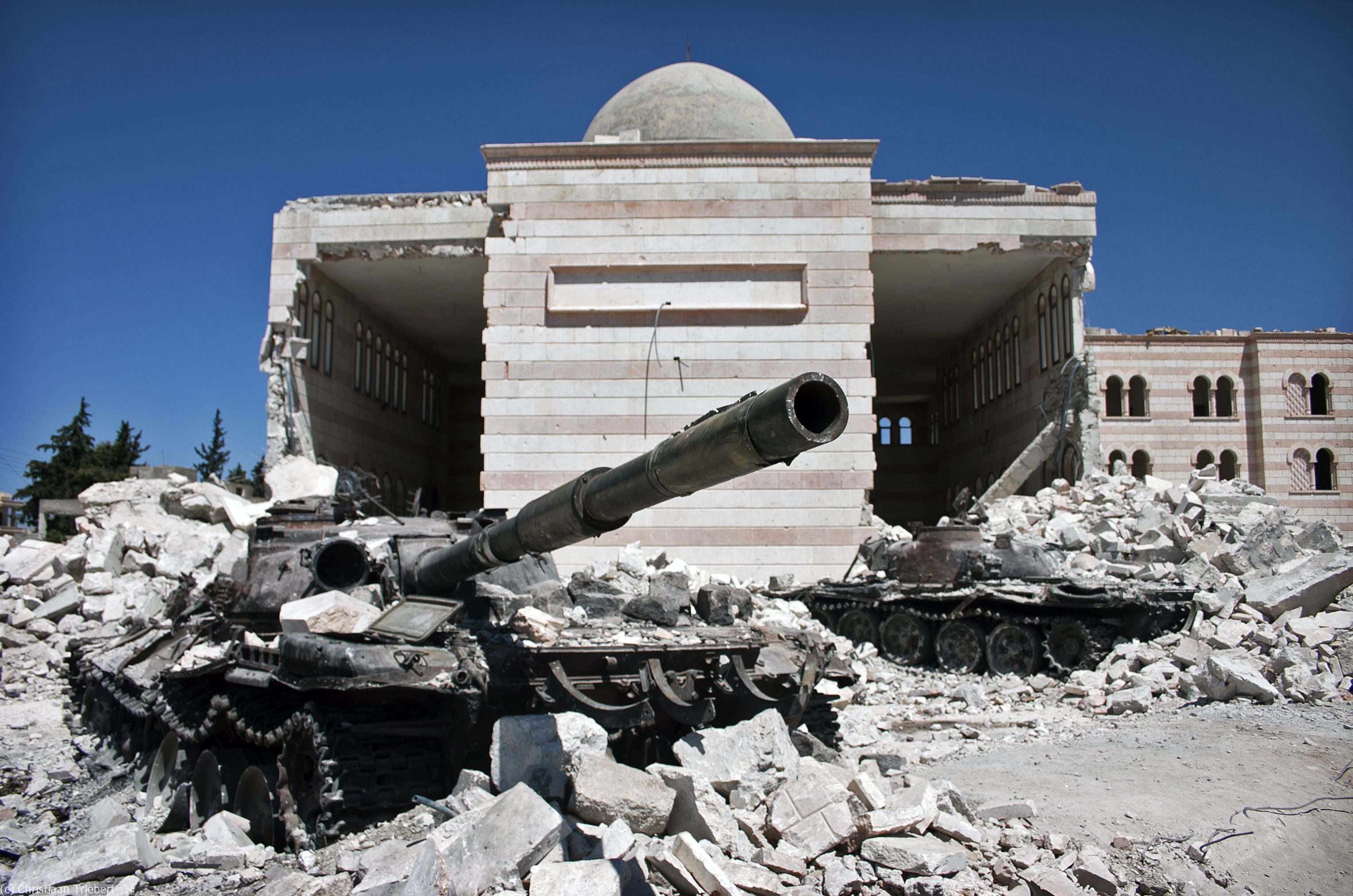“No deal is better than a bad deal.”
This statement was made again and again by Secretary of State John Kerry, National Security Adviser Susan Rice, and President Barrack Obama before the nuclear agreement, known as the Joint Comprehensive Plan of Action, was signed on July 14, 2015.
Prior to the JCPOA, it seemed clear that the U.S. Congress would have the chance to review the deal and assess if it was in fact a “bad deal.” That is what Congress intended when it passed the Iran Nuclear Agreement Review Act of 2015 (415-0 in the House, 98-1 in the Senate), which gave Congress 60 days to review any deal the President made with Iran. Yet since Obama agreed to the JCPOA, he has seized every chance to circumvent Congress’ yes-or-no authority.
In his first public statement on the JCPOA, Obama stated he would veto a no vote by Congress. His administration then allowed the United Nations Security Council to approve the JCPOA only six days after the deal was signed. Furthermore, the President still maintains the authority through executive waivers and withdrawals of executive orders to implement provisions of the JCPOA without Congressional approval. Facing these odds, Congress will likely not have any decisive say on the agreement to which the United States is committing itself.
“Convince me that this, what we’re going through right now, isn’t just a big charade, because I’m afraid that’s exactly what it is,” Senator Ron Johnson (R.-Wisc.) said of Congress’ besieged review process.
Congress insists it will debate the deal’s merits nonetheless. Senate Foreign Relations Committee Chairman Bob Corker (R-Tenn.) articulated this sentiment when he said, “During the review period, members on both sides of the aisle will evaluate the agreement carefully, press the administration for answers and then vote their conscience.”
In that same spirit, let us review this deal and explore why many believe it is a bad deal.
The Difference a Decade Makes
The principal purpose of any nuclear agreement with Iran is to rollback Iran’s timetable for acquiring a nuclear weapon. Through the JCPOA, Iran’s “breakout capacity” – the time it would take for Iran to enrich enough uranium for one bomb – increased from three months to less than a year. Iran is then frozen at that breakout timeframe until ten years from now, when several of the deal’s provisions end.
Why is Iran having a nuclear weapon ten years from now better than three months from now? The hope-filled answer: ten years of international engagement will change the behavior of Iran to the point that it will not build a bomb. U.S. ambassador to the U.N. Samantha Power suggested as much when she said, “It is our hope that perhaps also, if the nuclear deal can go forward and we get the terms that we need in that space, that you’ll start to see a shift in Iran’s posture.”
Those who adhere to this logic assert that lifting sanctions, licensing investments into Iran’s oil, automotive, and cargo shipping industries, selling weapons to Iran, granting Iranian businesses access to EU markets, and bestowing upon Iran numerous other benefits – all of which are required of the JCPOA signatories at some point during the agreement – can do what years of rigorous sanctions could not: convince Iran to abandon its nuclear weapons program.
To believe that notion, these proponents must also believe that giving money, weapons, and ten years of assured benefits to Iran will shift power from the Iranian hardliners who currently control the Iranian government (including Iranian parliament members who recently chanted “death to America” and the Ayatollah who said the JCPOA does not change Iran’s animosity towards the United States) to moderates. They also have to believe that giving these hardliners some of what they want will make them stop pursuing all of what they want.
Senator Jim Risch (Rep. Idaho) does not share these proponents’ optimism. “And all I can say is, after reviewing this, even — even in a cursory fashion, anyone who believes this is a good deal really joins the ranks of the most naive people on the face of the earth,” he said at the Senate Committee on Foreign Relations hearing on July 23, 2015.
If there is not a “shift in Iran’s posture” over the next ten years, then instead of the nuclear bomb three months from now that Iran acquired despite the United States’ efforts, Iran will have the nuclear bomb ten years from now that the United States helped it research and fund.
The Alternative
Many proponents claim that agreeing to the JCPOA avoids war with Iran. This claim concedes the deal is bad, but asserts a bad deal is better than war. “A bad deal is better than war” is a far cry from “no deal is better than a bad deal.” It is also wrong.
“Our ability to carry out (the military) strategy is unchanged,” Secretary of Defense Ashton Carter told reporters while on a flight to Israel.
The military option is thus not an alternative to a deal, it’s a fixed part of U.S. foreign policy until Obama or a future administration states otherwise. The alternative to committing to this deal is simply not committing to this deal. The U.S. commitment to militarily prevent Iran’s development of a nuclear bomb exists side-by-side with the JCPOA.
Kerry told the Senate Committee on Foreign Relations this explicitly when he said, “And everybody here at this dais knows what the options are for actually stopping. It’s called military action, because (the Iranians are) not going to stop it otherwise. They’ve already proven that.”
In the same hearing, Kerry also ceded the point that the choice is not deal or war, but simply deal or no deal. “The choice we face is between an agreement…or no deal at all. That’s the choice.”
If Iran Cheats
It is worth remembering that the reason the JCPOA exists is to bring Iran back into compliance with a nuclear agreement it violated. Iran is a principal member of the Non-Proliferation Treaty, which prohibits members from pursuing nuclear weapons and requires members to allow International Atomic Energy Agency monitors to verify compliance. Yet in 2003, IAEA inspectors discovered Iran’s 18-year-old covert nuclear weapons program. In 2005, the IAEA found Iran in noncompliance with the NPT. In 2011, the IAEA reported that Iran had carried out tests “relevant to the development of a nuclear explosive device.” Iran also removed IAEA seals in 2006 and objected to IAEA inspectors in 2010, accusing them of being nuclear spies.
In other words, Iran signed the NPT and thus promised not to develop a nuclear weapon, yet the JCPOA is still necessary because Iran is three months away from having a nuclear weapon. The JCPOA is better, proponents claim, because it implements a more rigorous verification regime.
The JCPOA’s stipulations on IAEA access, however, are far from robust. The IAEA does not get access to all sites in Iran as part of the deal, and if it wants to inspect beyond its allotted sites, it has to ask Iran’s permission. If Iran and the IAEA disagree on access, there is a 24 dispute resolution period, giving Iran ample time to remove evidence of cheating.
“A 24-day adjudicated timeline reduces detection probabilities exactly where the system is weakest: detecting undeclared facilities and materials,” said former deputy director of the IAEA Olli Heinonen.
Furthermore, despite the administration’s repeated claims of “snapback sanctions,” the deal allows Iran to walk away from the deal if any sanction snaps back.
“Iran has stated that if sanctions are reinstated in whole or in part, Iran will treat that as grounds to cease performing its commitments under this JCPOA in whole or in part (JCPOA, Dispute Resolution Mechanism, 37).”
That means the United States and its allies will not reinstate any sanctions unless there is an infraction so severe that it is worth ending the agreement, thereby returning to the pre-deal state of a nuclear-imminent Iran. Presidential candidate Marco Rubio (Rep-Fla.) pointed this out during the Senate hearing. “(Iranian foreign minister Mohammad Zarif) also bragged earlier this week, by the way, that incremental violations of the agreement would not be prosecuted.”
A likely result then is that while the United States, U.N., and E.U. honor their obligations to assist Iran’s economy and civilian nuclear capacity, Iran will mildly cheat on all of its obligations for the duration of the deal.
Nonproliferation
Many fear a nuclear-armed Iran would cause other nations in the region to acquire their own nuclear bombs as a means of deterring Iran. The result would be taking the already unstable, fragmented, and violent Middle East we have today and adding the capacity for nuclear annihilation. Proponents claim the JCPOA avoids this outcome by preventing or at least delaying the day Iran gets a bomb. This argument ignores the proliferation of conventional weapons that will happen as a result of this deal.
Iran currently supports Hamas (Palestine), Hezbollah (Lebanon), Houthis (Yemen), and Shiite militias in Iraq through weapons transfers as well as military training and leadership. “(Iran has) been transferring weapons for 20 years to Lebanon to Hezbollah,” Kerry confirmed in the Senate hearing. “There may be as many as 78,000 to 80,000 rockets.”
Iran was willing and able to do so despite costly sanctions. Through the JCPOA, Iran will receive an estimated $150 billion, at least some of which will go to fund these groups that threaten U.S. interests in the region. Furthermore, the United States has already committed to arming the Gulf States and Israel to a sufficient degree to counter greater Iranian influence, meaning the United States is required to increase weapons transfers to the Middle East if Iran increases its military capacity.
“The Gulf states spend about $130 billion a year on their defense, Iran spends $15 billion,” said Kerry. “Yet you see a disparity in terms of what’s happening within the region. That has to be addressed, and that’s the purpose of our initiative.”
In the name of helping nuclear nonproliferation then, the JCPOA facilitates the strengthening of the Iranian military and its proxies, causes the United States to dump more weapons into the Middle East, leaves the U.S. “military option” of intervention in Iran on the table, and still allows nuclear proliferation to occur in ten years.
No Deal or Bad Deal?
In sum, these qualms with the JCPOA amount to a deal that inevitably allows Iran to build a nuclear weapon in ten years, assures the regime’s anti-American hardliners more money, weapons, and civilian nuclear development for the next decade, puts more weapons in the Middle East, and requires the United States and its allies to hold off sanctions and provide assistance despite the fact that Iran will probably cheat.
If that sounds like a bad deal – which Obama and his administration said is worse than no deal – don’t call your congressmen. It’s not up to them.
Photo Credit: U.S. Dept. of State, Wikipedia


